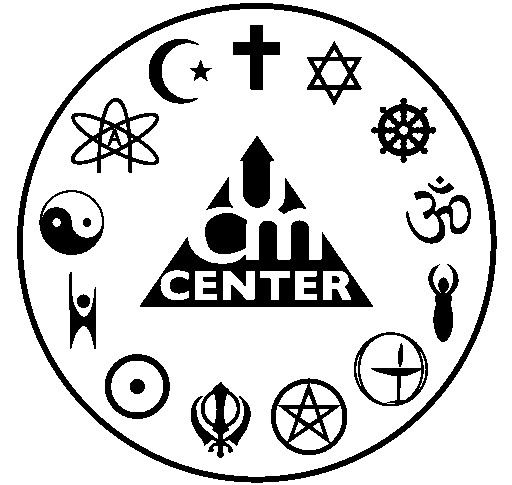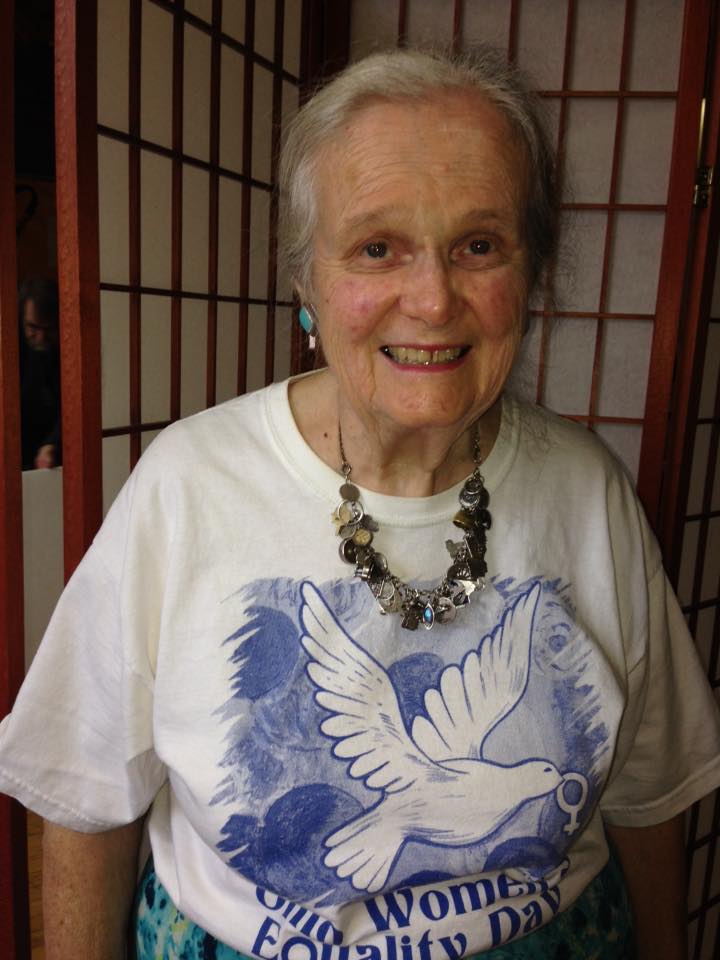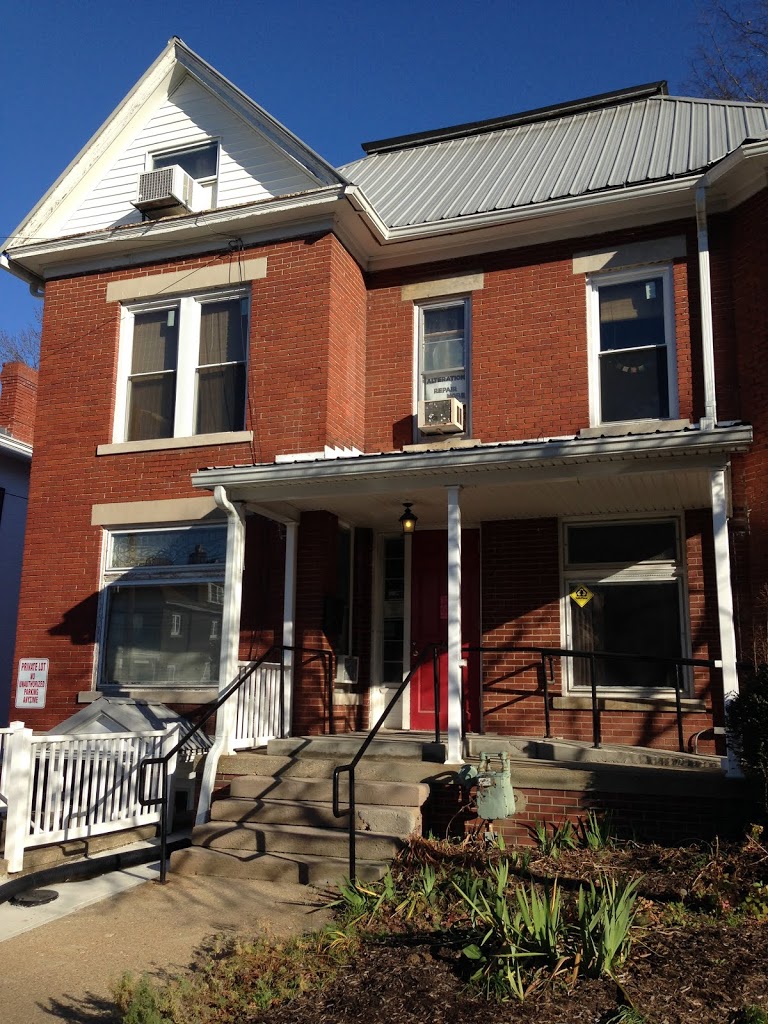2016 SOCIAL JUSTICE AWARDS WEDNESDAY, MARCH 16, 6PM – 8PM AT UCM Join us in honoring the following community and student activists and organizations: TYRONE CARR KATIE CONLON LIVE HEALTHY… Continue reading 2016 Social Justice Awards
Category: UCM Athens
Which Lives Matter?
Recently at Ohio University, a graffiti wall that had been painted by our Black Student Union with the message “Black Lives Matter” was painted over with a different kind of… Continue reading Which Lives Matter?
This Old House
The red brick house at 18 N. College St. has been the home to dynamic campus ministry at Ohio University since it was donated to the Westminster Foundation in 1951. … Continue reading This Old House
Untitled
UCM Annual Board and Staff Retreat at the beautiful Unitarian Universalist Fellowship of Athens! (Aug. 2015)(First row, L-R) Anna-Kaye Rowe (social media intern), Kathryn Bublitz (Social Work intern), Kelsey Gerard… Continue reading Untitled
Untitled
Thank you, Casa Nueva for choosing United Campus Ministry as the recipient of customer tips for the month of July! Go to Casa today, and every day this month, and tip generously!… Continue reading Untitled


